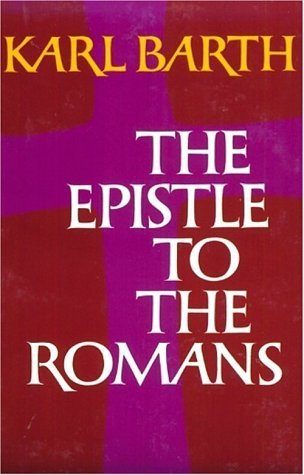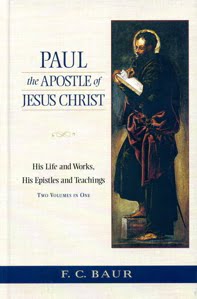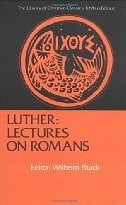Perhaps the most persistently thorny issues in textual criticism of Romans are related to: (1) the placement of the doxology, which normally appears in Rom 16:25–27 in modern, printed editions and (2) the cohesion of Rom 15–16 with the rest of the epistle. While distinguishable, however, these issues cannot be completely separated from each other, since, at the very least, the doxology appears to be an ending to something.
F. C. Baur is probably the foremost scholar who has denied the authenticity of Rom 15–16 as a whole. Although his full argument for this position is quite lengthy (see Baur 1:352–65), his main reasons for rejecting these chapters authenticity are that:
- Romans 15:1–13 is a needless, inferior repetition of Rom 12:1ff, and Paul could hardly be expected to have written the latter section.
- Paul could not have considered Jerusalem the starting point for his ministry, as he would seem to do if he were the author of Rom 15:19.
- Paul’s mission to Spain is only mentioned here (Rom 15:24, 28) and is, therefore, probably not Pauline.
- The list of names in Rom 16 is too extraordinary for Paul.
- Priscilla and Aquilla could not have returned to Rome in the interval between what is recorded in 1 Cor 16:19 and the writing of Rom 16:3 (cf. Luther 419 n. 32)
In contrast to Baur’s perspective, Barth seems only to have taken issue with the doxology, while substantially accepting the rest of Rom 15–16 as Pauline. On Harnack’s authority, Barth speculates that the doxology was originally a Marcionite invention, intended to bring closure to a version of the epistle ending abruptly after Rom 14. Therefore, Barth rejects the doxology and accepts as the remainder of the traditional text of Rom 15–16 as original (Barth 523, n. 1).
In this post:
   |
Leave a Reply